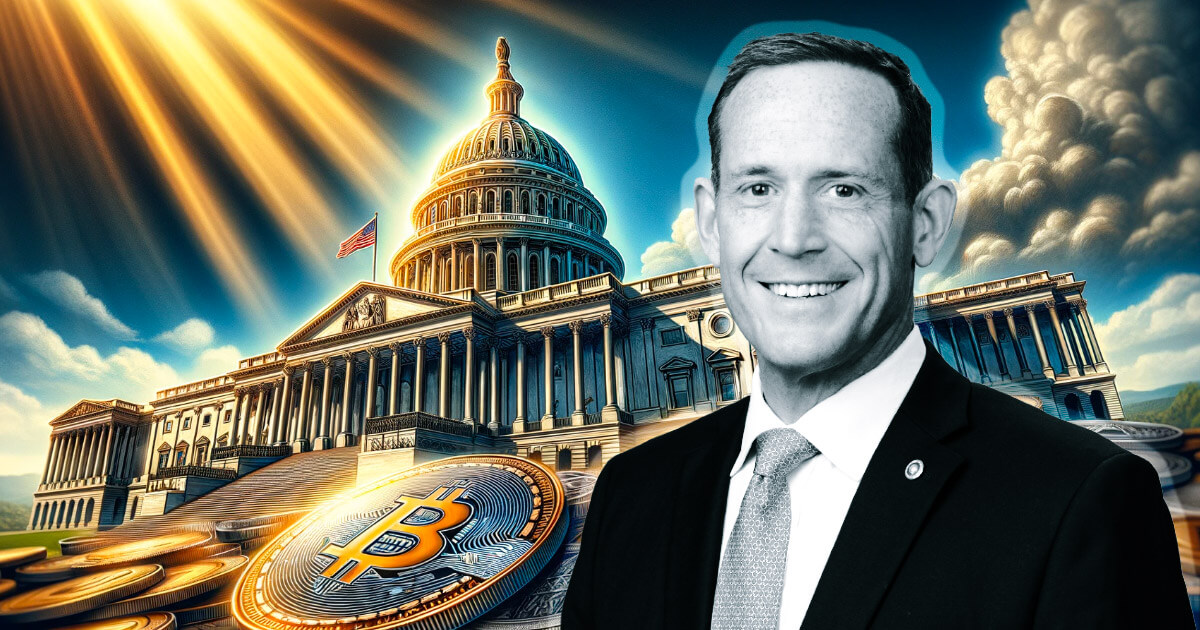The push for greater financial freedom and decentralization in the crypto ecosystem continues with the introduction of the “Keep Your Coins Act” to the U.S. 118 Congress by Senator Ted Budd (R-NC) on Nov. 7.
The new bill aims to empower individuals to maintain full custody of their digital assets like Bitcoin (BTC) without reliance on third-party intermediaries like exchanges.
This self-custody legislation comes from the disastrous FTX collapse, highlighting the risks of leaving funds on centralized platforms.
Part of the bill reads:
“To prohibit Federal agencies from restricting the use of convertible virtual currency by a person to purchase goods or services for the person’s own use, and for other purposes.”
Senator Budd stressed the growing need for investors to control their digital assets amidst rampant industry turmoil.
“As consumers face new challenges and risks associated with the use of digital currencies, we should be empowering individuals to maintain control over their own digital assets,” Senator Budd said. “This approach will foster financial freedom and a more decentralized cryptocurrency ecosystem.”
If passed, the act would prohibit federal agencies from enacting rules against self-hosted wallets.
Meanwhile, the Senate bill mirrors previous efforts in the House, where Rep. Warren Davidson introduced similar legislation in 2022.
Davidson’s “Keep Your Coins Act” passed the House committee last July, though it has yet to see a full floor vote. The congressman has been a vocal advocate for protecting self-custody wallets from government overreach and has also been a prominent supporter of the emerging industry against regulators like the U.S. Securities and Exchange Commission (SEC).
The House and Senate bills underscore a broader push towards a more decentralized crypto ecosystem, where users retain personal control over assets. This aims to mitigate third-party risks while preserving financial freedoms.
While the fate of self-custody legislation remains uncertain, the latest Senate introduction keeps the conversation alive as lawmakers grapple with crypto oversight approaches.
Credit: Source link



























